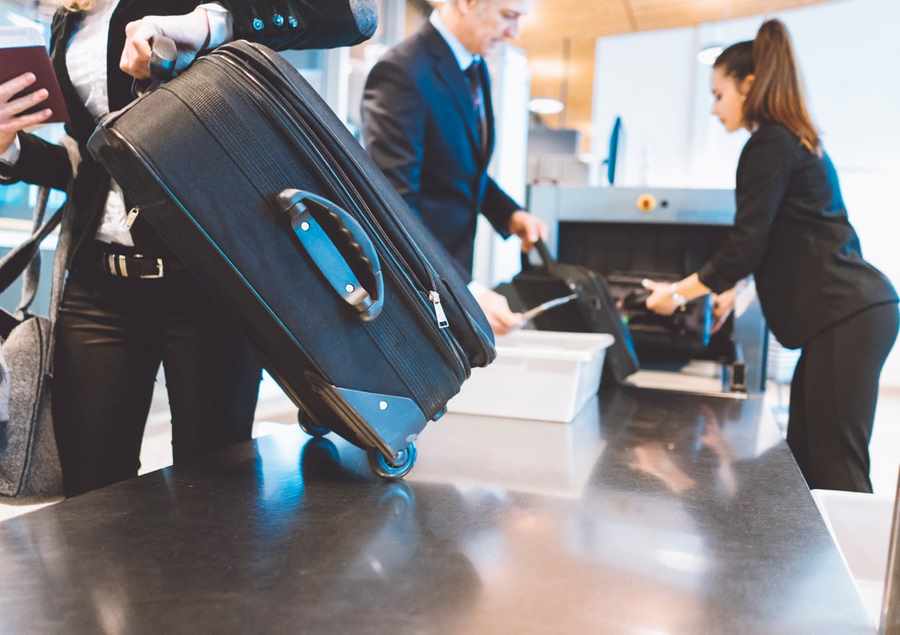If you want your flight and stay at the airport to go smoothly, it is always worth knowing the latest travel regulations. We cite for you those concerning items prohibited on board aircraft.
The aviation market is returning to pre-pandemic norms – at least as far as interest in flights is concerned. However, chaos still reigns at airports and huge queues are forming.
Unfortunately, waiting times at security checks are often increased through the fault of us passengers. And this is due to ignorance of the regulations.
It turns out that many travellers try to bring items on board that are prohibited there. It is worth knowing their full, updated list.
What’s more, identical regulations apply to most airlines – including the ones we choose most often: Ryanair, jet2 or easyJest. What should you bear in mind?
What You cannot take on the plane?
First and foremost, the limit on liquids. For example, we are only allowed to take cosmetics up to 100 millilitres on board. In addition, all packages containing liquids must be in plastic bags.
The size of such a bag should not exceed 20×20 centimetres. They are usually available for free at airports – however, if we only use them here, we will lose time repacking. And one more important note – we cannot bring more than 1 litre of liquids on board in total.
Of the other things you should know about the ban on bringing umbrellas on board (unless they are foldable). Also, do not try to board with razor blades or a screwdriver. If you want to bring a knife, its blade must be no longer than 6 centimetres.
If we want to take a lighter with us, it must be a disposable version that cannot be refilled with “fuel”. In addition, it must be packed in a separate, transparent foil.
If you are travelling with children, do not take toy guns, even water guns.
The full list contains more items, but some of them are more likely to make you smile than make you remember. For example, we must not take billiard cues, gas cartridges or catapults or slingshots.
Also on the list are all kinds of acids, construction tools, darts, explosives, hammers and nails, syringes (unless supported by medical evidence), lighter fuel, mercury, paint and scissors with blades over 6 cm.


You must be logged in to post a comment Login